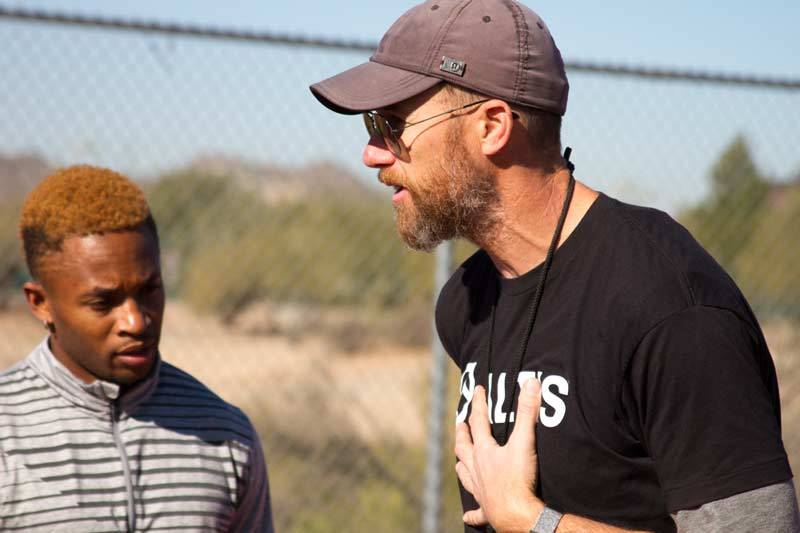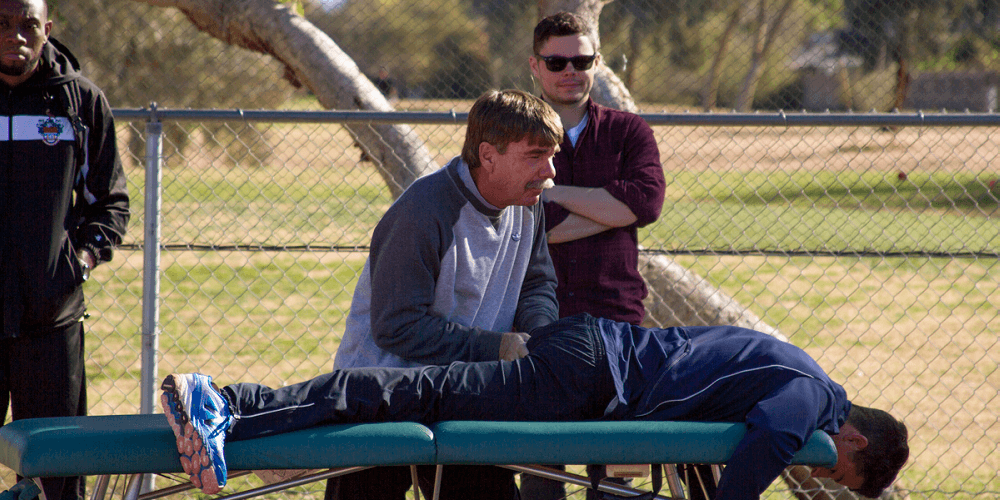Over the last few years, I have been in the fortunate position to work with some of the best coaches, therapists, and athletes in the world at ALTIS.
I’m not gonna lie; it’s been fun.
At ALTIS, I deal with all things website related, and I love it. I’m not a coach, and presumably will never be one, yet that doesn’t mean that I can’t pick up a thing or two from everyone there. If you can’t learn from someone who is the best in their field, from who can you learn?
When I started at the center three or so years ago, it was small. There were only a handful of athletes and even few coaches. Yet the center has exploded over the last three years to over 140+ athletes, coaches, and therapists. It’s been a bit of a whirlwind and so much has changed, yet the core beliefs haven’t shifted an inch. The shared culture is intoxicating, and the willingness to help everyone is the main reason I love working there. Plus it turns out if you get to watch the likes of Dan, Stu, and Andreas coach, teach and interact for three plus years you pick up a few things. Who’da thunk it!?!
Become a Student and a Teacher
One thing I immediately picked up was the need to share what you know and listen to what others have to say. That last bit can be harder than it sounds.
I write and try to share my (limited) knowledge within the web and design industry but watching the coaches at ALTIS they view sharing knowledge on their craft as a cornerstone to furthering their learning on the subject. They understand that they don’t have all the answers and that no one does. However, they have surrounded themselves with brilliant individuals from all over the world who can open their eyes to new ideas and theories that can enhance every athlete, coach and therapist around them.
In an article on A List Apart by Jeffery Zeldman (the Godfather of web standards) he translates his thoughts on why he began his blog and what it has brought him in his 15 years online, and it struck a chord with me. Documenting and articulating your ideas and processes helps your communication methods and provides an outlet and base for your knowledge to grow, plus gives others a chance to interact with you.
Fortunately, the web (in my eyes) is certainly one of the most open industries. The likes of Trent Walton, Jeremy Keith, and Scott Jehl are constantly making me feel more than stupid on an almost daily basis, but in doing so renewing my faith in the importance of sharing knowledge.
Keep it Simple, Stupid
I remember talking to Dan one evening while tucking into a plate of ribs and him commenting to me that “training is like medicine,” you don’t want to overdose on it.
Doing so can have some pretty severe repercussions for the athlete and coach. After all, athletes can’t earn a living injured. Yet so many overtrain to gain an ‘edge’, when what they should be asking themselves “What is the minimum effective dose?”
*Light bulb moment*
On the web, this method also applies. Reducing clutter, providing focus, and creating a clear structure for users is the goal. Doing this is the most effective way to deliver content to users and a return of investment for the clients. I’m always aiming to give the user the best experience on the site without compromising on their end goal.

Why add noise when sometimes silence can add clarity?
You have to Understand the Numbers
At ALTIS, every athlete is expected to document their training progress. This means notes on track sessions, gym workouts, and even sleep patterns.
The information is then used to determine where each athlete is during training blocks and how they have progressed month on month and year on year. Pretty smart right?
Documenting progress allows the athlete and their coach to measure what is working and more importantly, what isn’t.
On the web if you don’t have a grip on the numbers how can you add context to your project? If you don’t know what you have done in the past, how can you plan to go forward?
Monitoring progress through analytical tools can be ongoing. However, this allows me to make informed design decisions when I’m developing web projects. Understanding the stats gives me a greater base to understand what is happening on the website.
Set Goals
Every athlete and coach have a clear set of goals in front of them, something they want to achieve short and long term. Some of the goals might be realistic, and some might not be. Knowing them can help define the training blocks, rest periods and competition schedule for the year.
If you are building a site to achieve something (you most likely are), then the project goals should pave the way for everything that comes after.
Research creates a better understanding of how you are going to achieve the sites goals. Like on the track if you don’t know what you want on the web, and you don’t talk to the client, there is a pretty good chance things could go pretty wrong.
Like most of the topics I have highlighted, having goals allows you to sift through the crap and highlight what is important.
Whatever your job title, level of experience, or position in your organization I hope this helps show you can pick up tips and tricks from anywhere and apply it to your own work. Don’t be afraid to ask questions and test your ideas because you know what, they might just work.
Please share so others may benefit.

